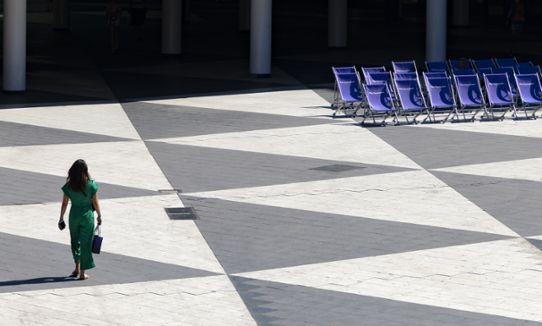Extreme weather events such as heatwaves, torrential rain and storms can affect society in many different ways. To adapt society in line with a changed climate, there is a need for local analyses of the risks, and of measures that can prevent harm and damage.

As part of the HazardSupport project, SMHI and the Stockholm Environment Institute (SEI) have carried out three case studies in partnership with local users, examining heatwaves in Stockholm, flooding due to torrential rain and rivers in Skåre in Karlstad, and instances of coastal flooding. The researchers have developed decision-making data to counter future risks of natural hazards.
Cooperation brings mutual learning
“In many cases, highly detailed information is required in order to decide on an adaptation measure,” explains Lena Strömbäck, project manager for HazardSupport at SMHI. “By working together with users, we have been able to produce tailored information for concrete cases.”
The project has shown that close cooperation between users and researchers results in mutual learning.
“The dialogue and exchanges between the researchers and the case studies have been important in terms of creating an understanding of each other’s limitations and opportunities when developing and using information for planning and making decisions on climate adaptation measures,” adds SEI researcher Karin André.
Continued research will generate knowledge about what happens when multiple extreme events occur at the same time, how common this might become, and how society will be affected.